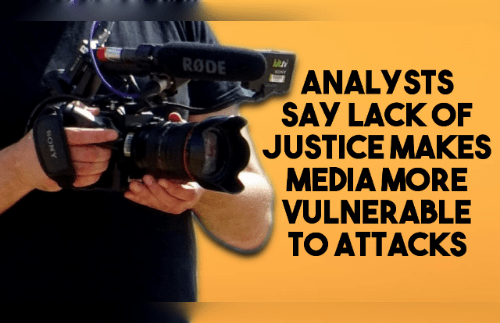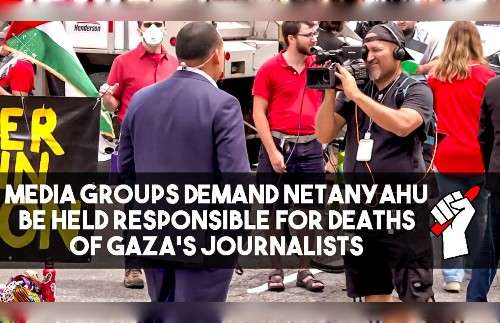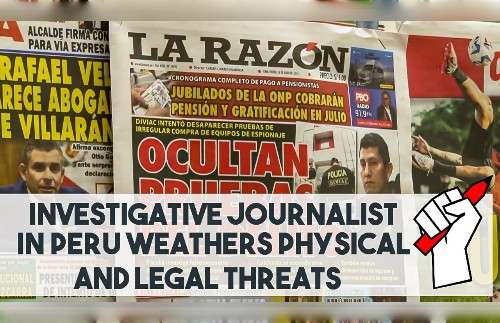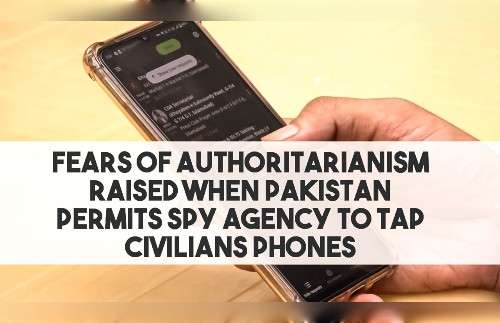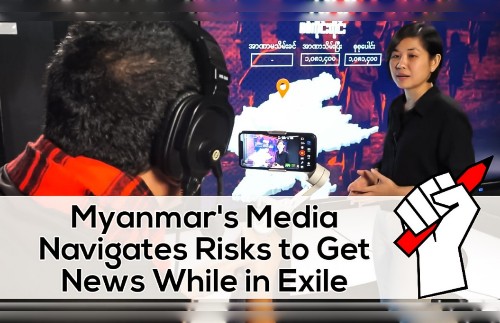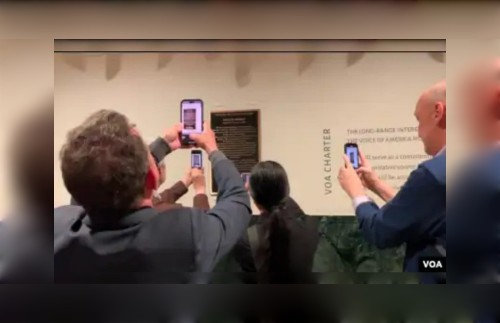
Faced with the lack of progress in the investigations carried out in the Central African Republic and in France concerning the assassination of the French photojournalist in 2014, Reporters Without Borders (RSF) asks the authorities of the two countries to implement all the necessary means in order to shed light on this matter.
Justice and answers. The expectations of those close to Camille Lepage and RSF, a civil party in the open investigation in France, have not changed. Six years after the assassination of the French photoreporter on May 12, 2014 in the Bouar region, in the west of the Central African Republic (CAR), the circumstances of the attack, the identity and the precise motive of the attackers who had opened fire on the group of anti-balaka – mainly Christian militiamen – with whom Camille Lepage was then in report still to be established. Criminal ambush? Settlement of accounts between militiamen? Only an extensive field investigation would be able to determine what happened on the day of this armed attack.
“Unfortunately, the past year has brought nothing new because no act of investigation was carried out at the scene of the attack,” deplores Arnaud Froger, head of the RSF Africa office. It will undoubtedly be difficult to have all the answers to the questions that the journalist’s relatives are still asking, but, six years after the facts, it is urgent that all means be implemented in order to clarify the circumstances and the motive for the armed attack that led to the death of this journalist. As soon as the health situation linked to the coronavirus epidemic allows it again, a field investigation and a reconstruction of the facts must be among the priorities ”.
The civil parties request in particular that an international letter rogatory be launched and executed so that French investigators can, in collaboration with their Central African counterparts, go to the scene of the attack to complete their investigations. Joined by RSF, the mother of the photojournalist, Maryvonne Lepage, fears that the file will be closed while “many obscure points can still be examined if the authorities of the two countries decide to effectively combine their efforts and their logistical means to relaunch the ‘investigation with a common will to succeed.’
The practice of journalism in CAR remains extremely perilous since the start of the civil war in 2013. Like Camille Lepage, Central African journalists Elisabeth Blanche Olofio , Désiré Luc Sayenga and René Padou were killed in the exercise of their function at the height of the crisis in 2014.
Four years later, while most of the territory is still under the control of armed groups, three Russian investigative reporters, Orhan Djemal , Kirill Radtchenko and Alexandre Rasstorgouïev , who were investigating the presence of mercenaries from their country in CAR were murdered in troubled circumstances. The total opacity in which the investigations were carried out led RSF to request the opening of an international international investigation .
CAR is 132nd out of 180 countries in the World Press Freedom Index established by RSF in 2020
Copyright ©2016, Reporters Without Borders. Used with the permission of Reporters Without Borders(RSF), CS 90247 75083 Paris Cedex 02 https://rsf.org
Escaping from Scam Center on Cambodia’s Bokor Mountain
UN Security Council Meets to Discuss Children and Armed Conflict
10 Shocking Revelations from Bangladesh Commission’s Report About Ex-PM Hasina-Linked Forced Disappearances
Migration Dynamics Shifting Due to New US Administration New Regional Laws
UN Security Council Meets to Discuss the Maintenance of International Peace and Security and Artificial Intelligence
Winter Brings New Challenges for Residents living in Ukraine’s Donetsk Region
Permanent Representative of Israel Briefs Press at UN Headquarters
Hospitals Overwhelmed in Vanuatu as Death and Damage Toll Mounts from Quake
Subscribe Our You Tube Channel
Fighting Fake News
Fighting Lies













